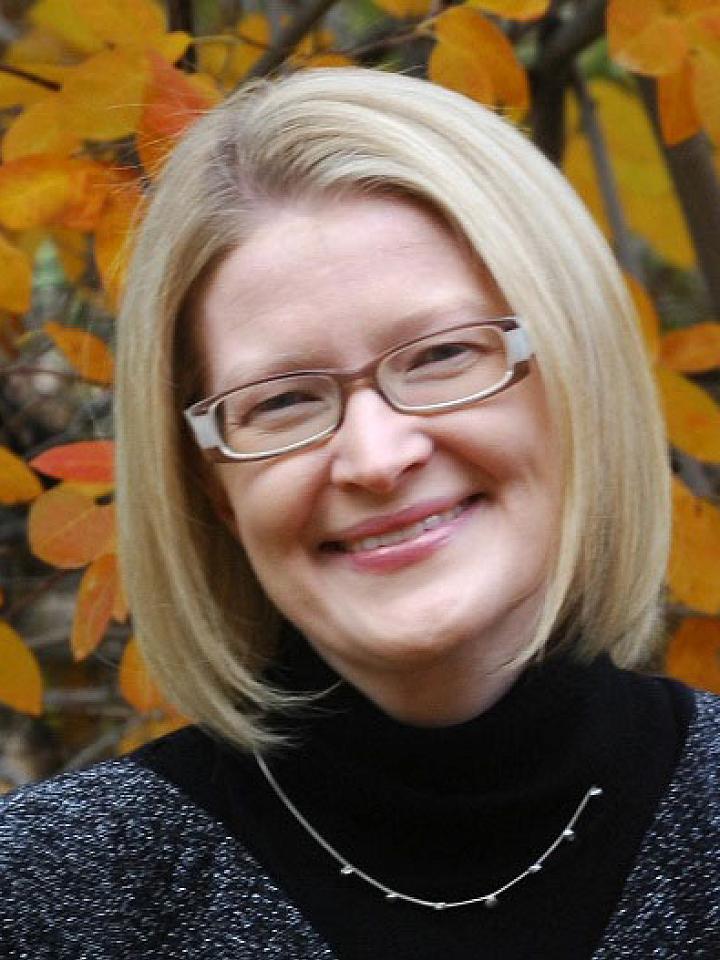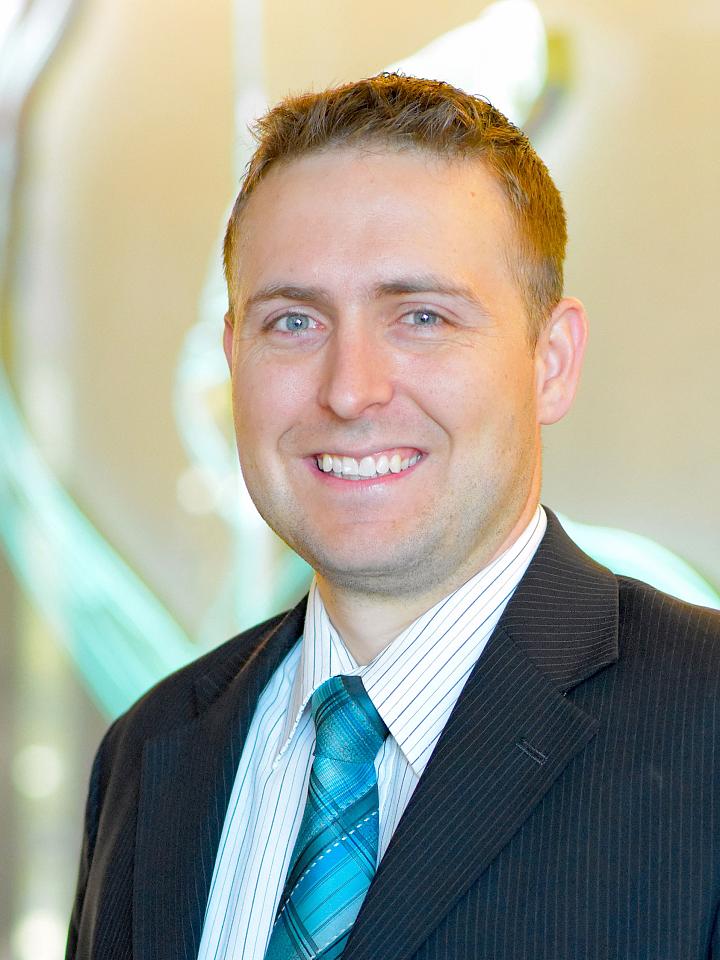About This Program
Purpose
Our PGY1 pharmacy residency program builds upon a Doctor of Pharmacy (PharmD) education and outcomes to develop pharmacist practitioners with knowledge, skills, and abilities as defined in the educational competency areas, goals, and objectives. Residents who successfully complete our PGY1 residency program will be skilled in diverse patient care, practice management, leadership, and education, and be prepared to provide patient care, seek board certification in pharmacotherapy (i.e., BCPS), and pursue advanced education and training opportunities including postgraduate year two (PGY2) residencies.
Description
The University of Utah Hospital is a 489-bed level 1 trauma center that serves critical and acute care patient’s regional referral hospital for five intermountain states. Decentralized pharmacists are responsible for providing pharmaceutical care on all patient care areas and are supported by automated dispensing, centralized IV admixture and unit-dose order entry. The University Community Clinics include 14 ambulatory care centers with 11 pharmacies, employing embedded primary care pharmacists, including a manager of this service and clinical technicians. Specialty clinics at the University of Utah Medical Center employ specialty ambulatory care pharmacists, and pharmacists in the thrombosis center. In addition, the Pharmacy Ambulatory Care Support Services center ambulatory care service has pharmacists providing refill and prior authorization services, as well as specialty pharmacy support and transition of care support.
Residents will provide clinical pharmacy services for up to two Primary Care clinics within the University of Utah Community Clinics. Service staffing will be done at one of the retail pharmacies within our outpatient clinics. Each elective will be 4-6 weeks, and the resident wills elect the electives that are the best fit to their customized training plan. Elective rotations include pulmonology, cardiology, neurology, HIV, gastroenterology, rheumatology, and hepatology.
The resident’s program will be individualized based on his or her previous experience. Residents are required to be involved in structuring their experience by helping the residency director schedule rotations and decide on projects and electives.
Program Goals
- Residents develop the knowledge and skills needed to enable them to provide a high level of clinical service and pharmaceutical care throughout their careers.
- Residents are trained in ambulatory care, acute care, transitions of care, drug information, practice management, and supervise quality improvement projects in order to become well-rounded practitioners and practice leaders.
- Residents participate in the medication-related care of a diverse group of patients.
- Our program develops competent clinical pharmacists eligible for board certification and postgraduate year two (PGY2) residency training.
Highlights of Experience
PGY1 residents at University of Utah Health have flexibility in selecting from many rotation options in a wide variety of practice areas. The experience of each resident may be modified as career plans progress throughout the year. Residents develop skills as a clinician, project manager, writer, instructor, preceptor, and presenter. The residency preceptors and medical teams view the resident as both a learner and a colleague.
Qualifications
Candidates must graduate from an ACPE-accredited pharmacy program with a doctor of pharmacy degree (or equivalent combination of education and clinical experience) with a minimum GPA of 3.1 on a 4.0 scale. Candidates applying from pharmacy programs without GPAs shall provide an indication of academic performance through official documentation from their college. Applicants must be eligible for Utah licensure, obtain either a full or a temporary license prior to the first day of residency, and obtain full licensure as a pharmacist in Utah by September 30th of the program year.
Recruitment and Selection
All residency programs at University of Utah Hospitals and Clinics use the Pharmacy Online Residency Centralized Application Service (PhORCAS). No paper applications will be accepted. The following information must be submitted by the date specified on the residency application for the applicant to be considered for an onsite interview:
- Completed PhORCAS application
- Curriculum vitae
- Letter of intent
- College of pharmacy transcripts (for applicants from schools with no GPA, a class rank must be submitted to the program director)
- Write a personal statement addressing which social determinant of health is most important to you when providing patient care? Describe why. (300 words or less). Upload the statement to PhORCAS.
- Three letters of recommendation using the PhORCAS standard form – at least 1 letter needs to be from a clinical preceptor
- Please submit your application through PhORCAS as early as possible! Completed applications in PhORCAS are reviewed, and competitive applicants will be invited to participate in a VIRTUAL interview in February 2024. The program participates in the Resident Matching Program of ASHP.
Early Commitment to PGY2 Program
PGY1 residents in good standing may apply for early commitment to all University of Utah PGY2 residencies with the exception of Emergency Medicine which requires residents go through the national matching process.
Video Tours:

Program Director
Shantel Mullin, PharmD, BCPS
Pharmacy Quality, Safety and Training Manager
801-587-3966
Shantel.Mullin@hsc.utah.edu

Incoming Program Director
Eve Van Wagoner, PharmD, BCACP
Primary Care Clinical Pharmacist
801-213-4979
Eve.VanWagoner@hsc.utah.edu

Program Coordinator
Nick Cox, PharmD, BCACP
Clinical Pharmacist, Assistant Professor (Clinical)
801-585-7266
Nicholas.Cox@pharm.utah.edu
